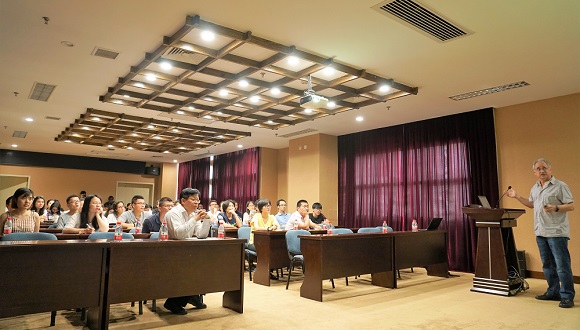New forests grow faster but are more sensitive to climate change
A study led by CREAF has found that new forests growing on abandoned rural land are able to capture more carbon dioxide (CO2) from the atmosphere than long-established forests. This effect could be temporary, however, as the wood of their trees is less dense, making them more vulnerable to extreme climate events.



